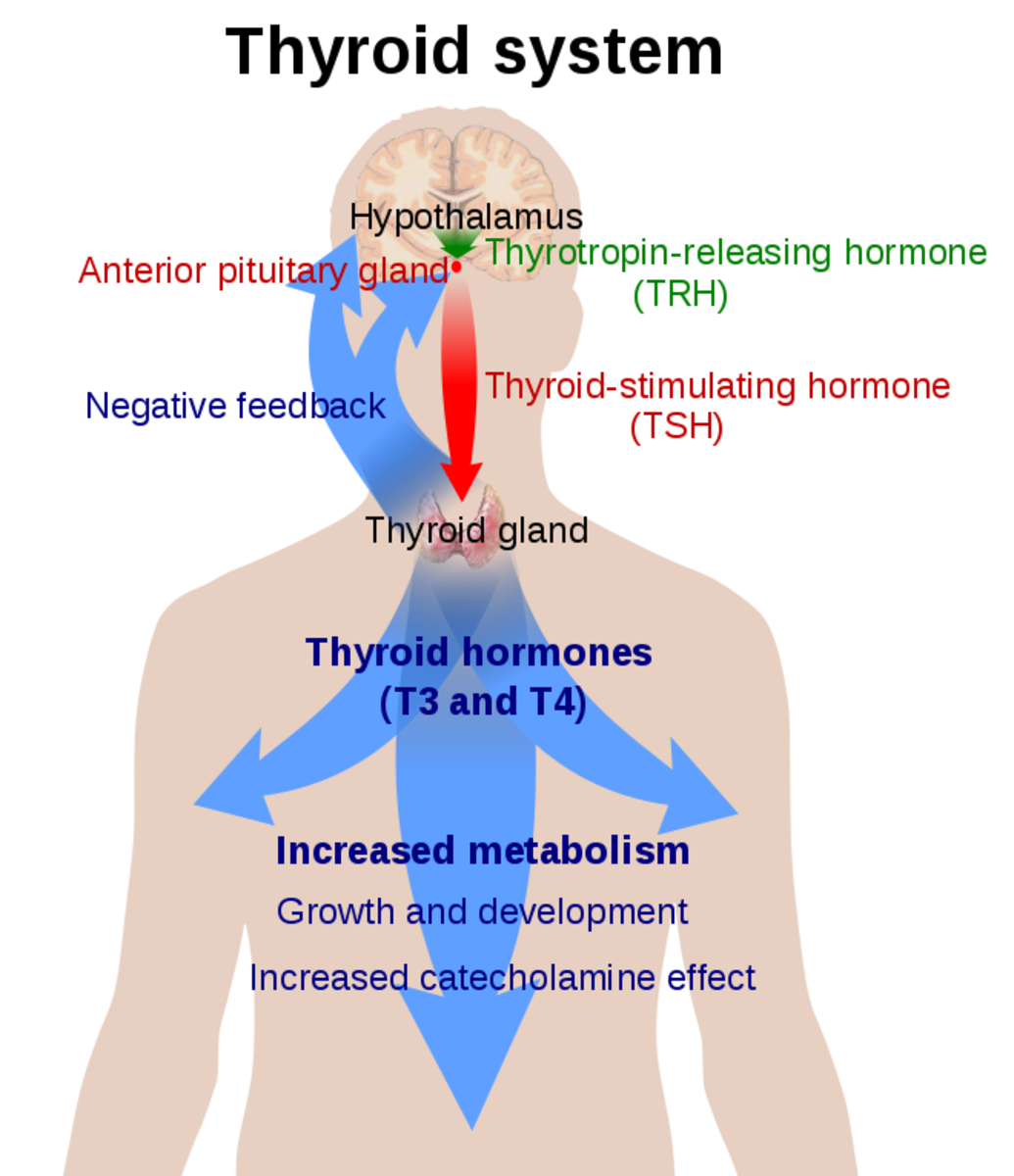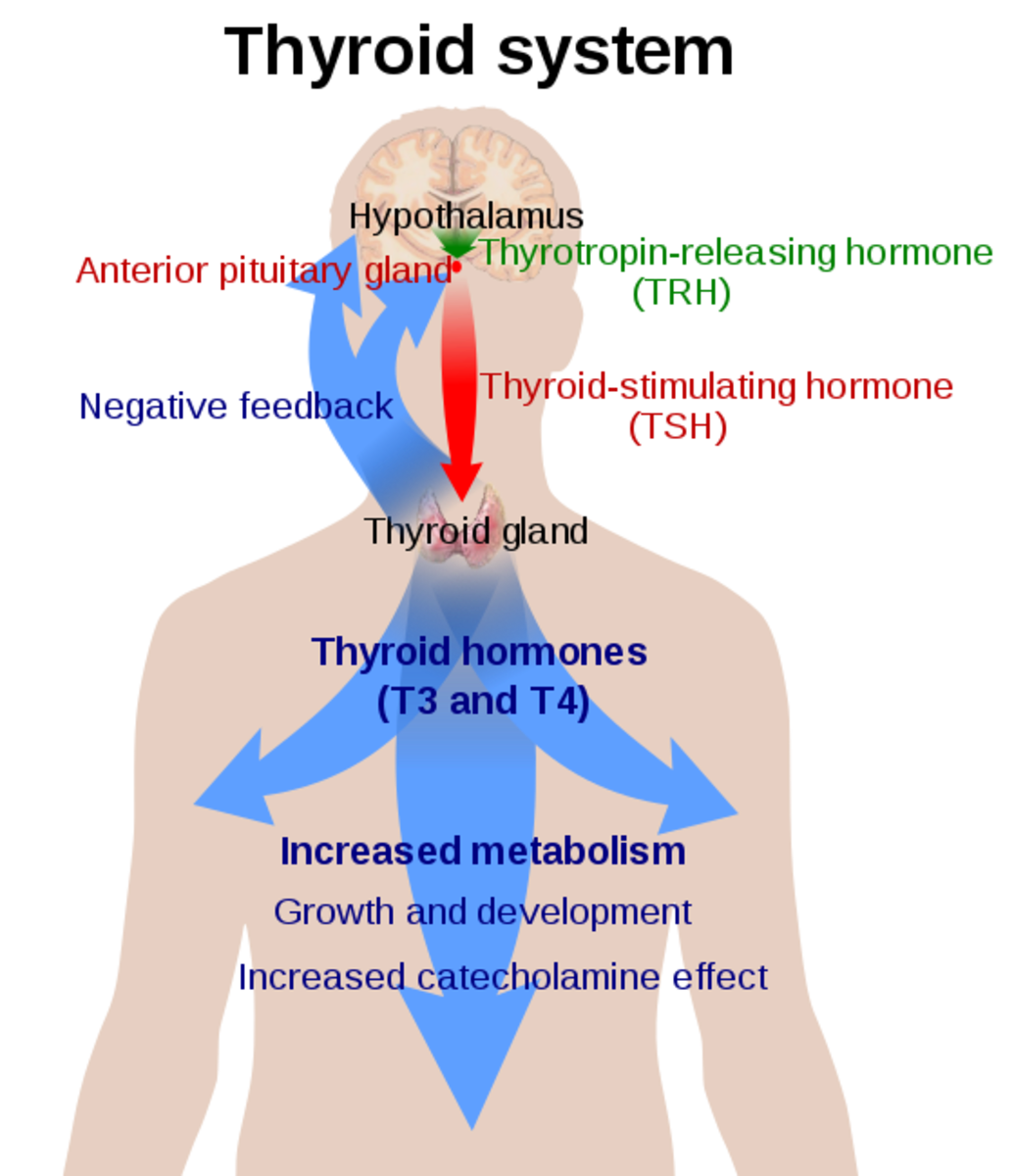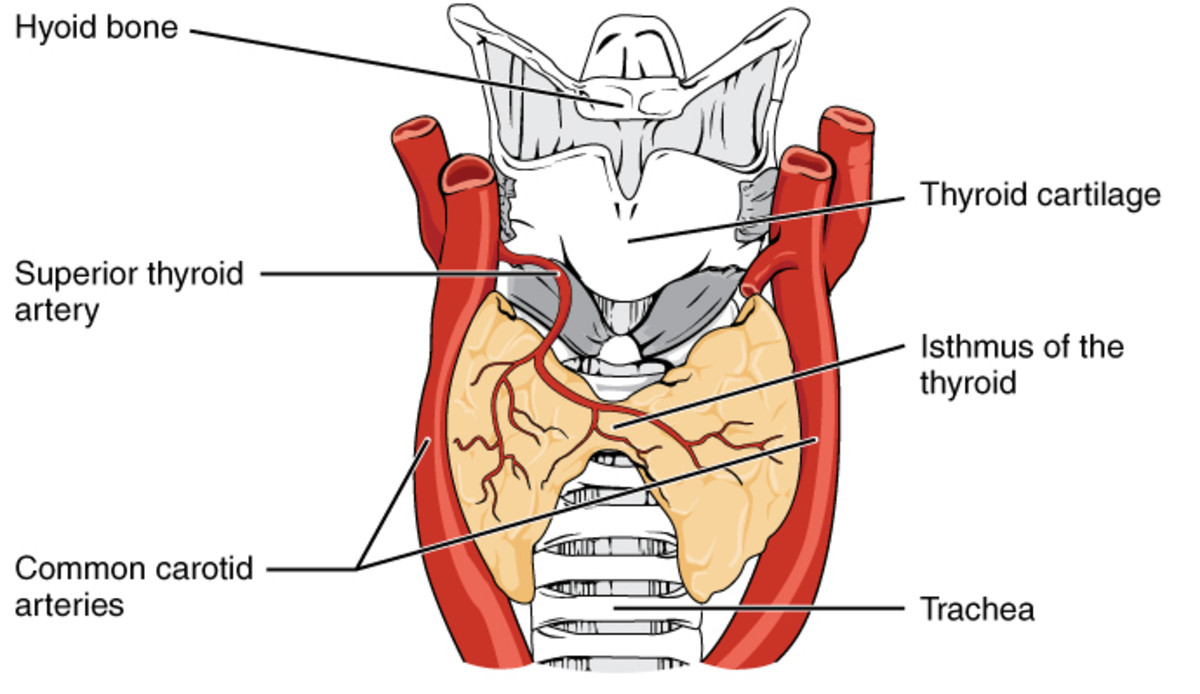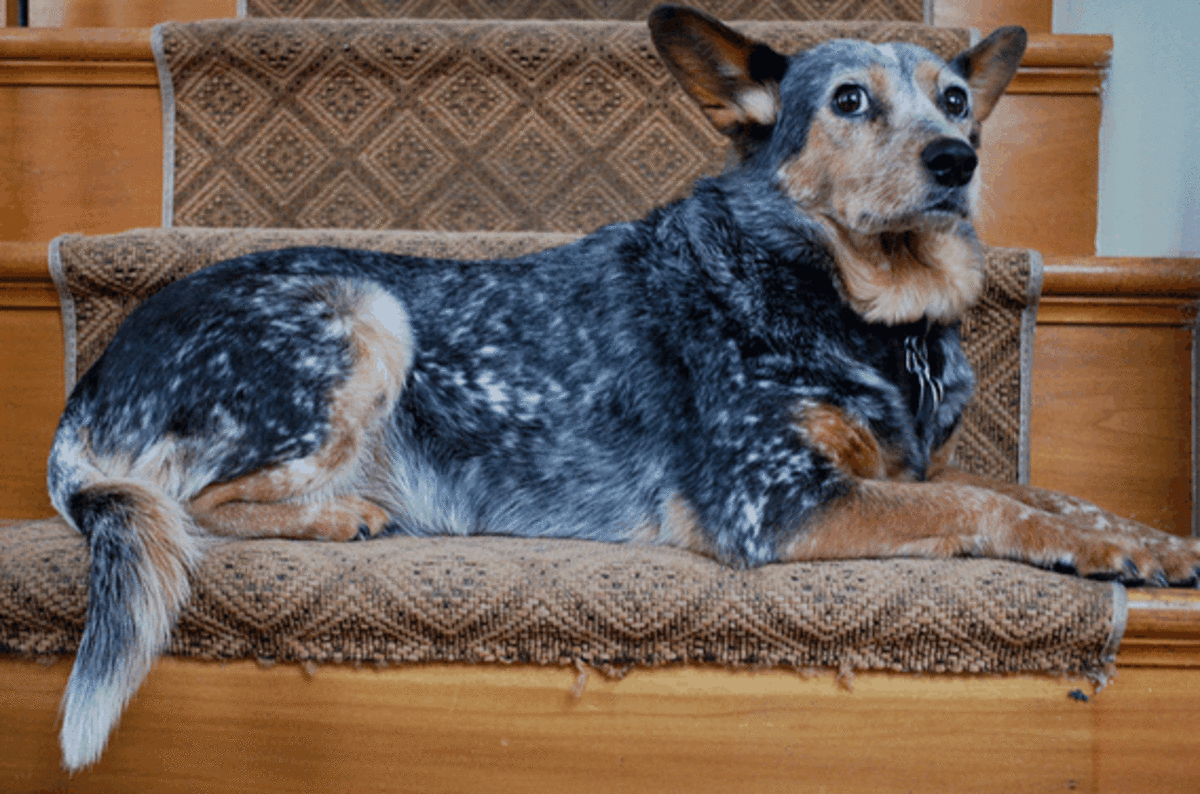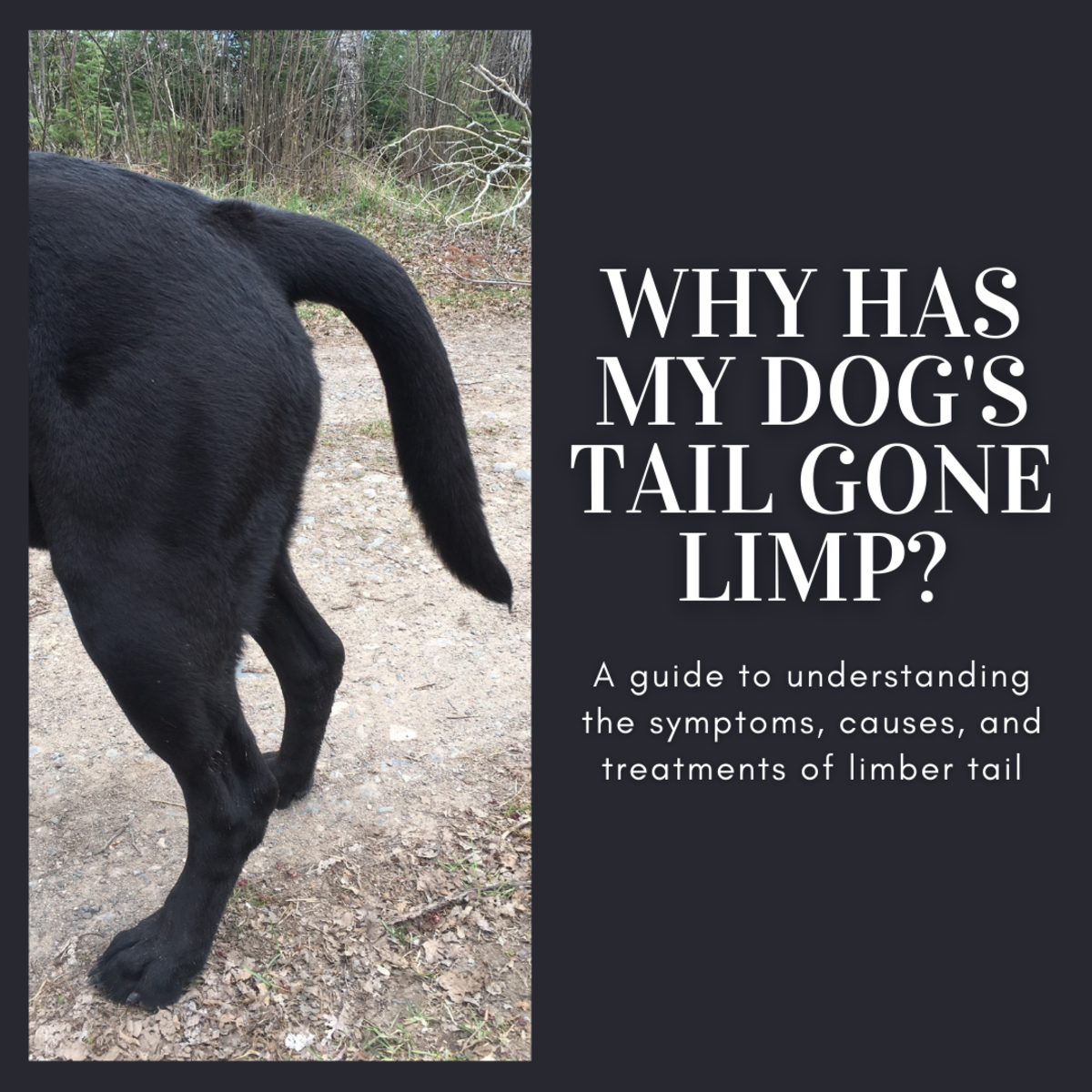Dogs and Thyroid Disease
Hypothyroidism
Just as us humans dogs can develop thyroid problems known as canine hypothyroidism (under active thyroid) that means there is a thyroid hormone deficiency. If your dog is gaining weight for no reason whatsoever $6, sleeping more than you would normally expect him or her to, is losing hair, thinning hair, dull coat, has bald spots, dry skin or seems to be unhappy or depressed this could be a problem going on with the thyroid. This is the most common hormone imbalance when it comes to dogs. If you suspect or your dog is showing any of these symptoms a simple blood test at your dogs veterinarian will detect if there is in fact a problem. In most cases if your dog does have a thyroid problem the vet will prescribe a medication. His or her blood levels will have to be checked every so often to make sure that the levels are in the correct range. If not the dosage of medication will be either increased or decreased.
Hyperthyroidism
An overactive thyroid is called hyperthyroidism (where the is an excess of thyroid hormone) but is rare in dogs. If you suspect that your dog may suffer from this there are a few signs to look for. They are always hungry but yet they are losing weight, they may tend to seem nervous and have a higher than normal heart rate, fur becomes dull and lifeless, labored breathing, extreme thirst, increased urination, vomiting and diarrhea. Your veterinarian can do a physical exam to check for an enlarged thyroid and will do blood work. He may feel it is necessary to do an ultrasound in some cases. There are several ways to treat this. Medication, surgery or radioactive iodine treatments are the options. If medication is given the thyroid should show results within three weeks. Surgery would be to remove all of part of the thyroid gland if there is a tumor. Radioactive iodine is used to kill off the overactive cells.
For both hypothyroidism and hyperthyroidism there are homeopathic remedies that may help with the symptoms for both of these conditions. It is best to first check with your animal care provider before administering anything to the dog yourself.
Thyroid problems in dogs will usually occur somewhere between the age of four and up. Medium to larger breeds seem to be more prone to this medical condition.
© 2011 Susan Zutautas

